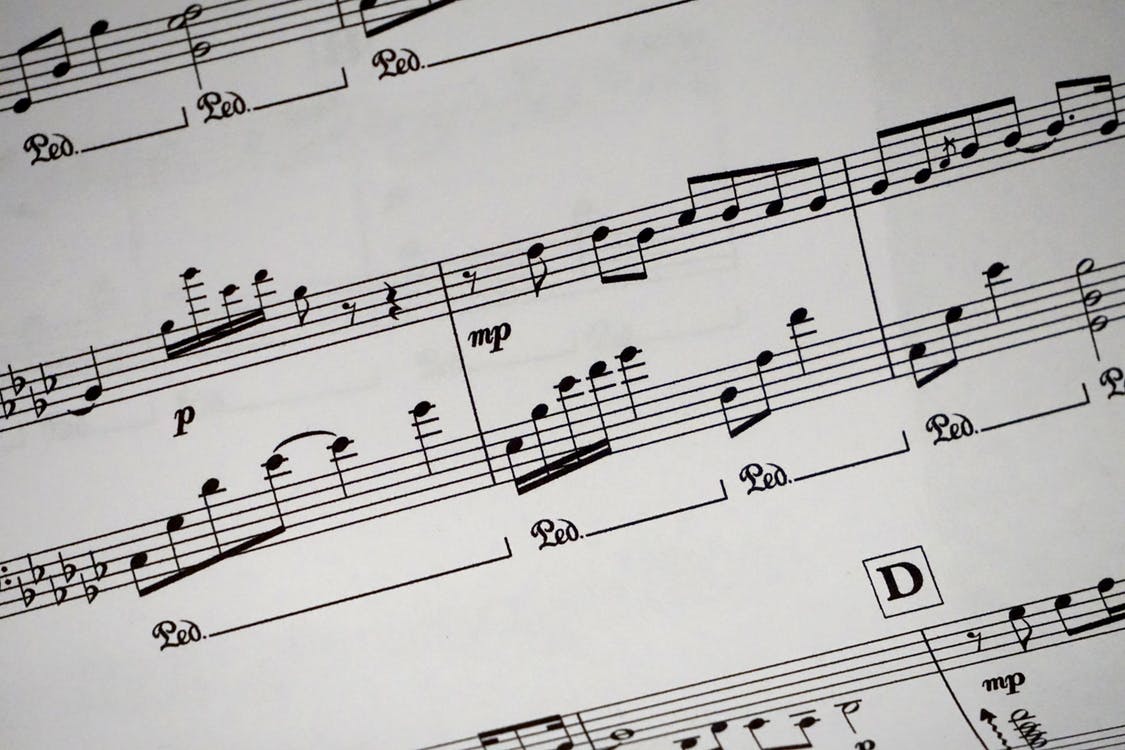Why You Should Register Your Copyright
What is a Copyright?
A copyright is the literary, musical, graphical, or artistic form of the author’s original intellectual expression, such as a writing a book, composing a song, or taking a picture. An “author” is the person who created the copyright. Having a copyright enables the author to prevent others from reproducing his or her intellectual expression. You do not need to register your copyright to be able to own it and to prevent others from copying it. From the moment you fix your original work of intellectual expression in a fixed medium (e.g., on paper, in a computer file, or on a sound recording) a copyright attaches to that work automatically. Generally, a copyright lasts for 70 years after the author's death.
However, there are several significant benefits that you would receive if you registered your copyright, which is discussed further below. Also, not everything is copyrightable as the Copyright Act does not offer copyright protection for the following:
1. Ideas
2. Procedures
3. Processes
4. Methods of operation
5. Concepts
6. Principles
7. Discoveries
8. Systems
When determining what published works are not copyrighted, it is highly recommended that you contact a lawyer, who practices intellectual property law.
The Benefits of Copyright Registration
Suing for copyright Infringement - You must register your copyright before being able to sue for copyright infringement (person copying your copyright without your permission).
Statutory damages - If your copyright is registered and you are suing someone for copyright infringement, you can also ask the court to award you with statutory damages (damages that are predetermined by law) and/or attorney's fees.
Also, the application for registration must be submitted prior to the alleged infringement or within three months of the publication of the copyright-protected work. This is the most significant benefit of registration.
Without registering your copyright within three months of creating it, you will only be awarded the actual damages and the proportion of the infringers' profits that stem from the infringement. These damages are very difficult to prove while statutory damages require no proof.
Presumption that you own the copyright - Registration creates the presumption that you are the valid owner of the copyright (must have registered the copyright within five year of creating it).
Establishes a public record of your copyright - This will deter others from copying it.
Can record your copyright with U.S. customs - Helps prevent the importation of any infringing or counterfeit products from abroad (at least to the extent that Customs detects them and then seizes the products).
DISCLAIMER: The contents of this article represent the opinions of the author and do not constitute as legal advice. Due to the generality of this article, the information provided herein may not be applicable in all situations and should not be acted upon without consulting with an attorney. Neither this article nor any legal analysis, legislative updates, or other content derived from it should be construed as legal or professional advice or as a substitute for such advice. No attorney-client or confidential relationship is formed by the transmission of this article. The choice of a lawyer or other professional is an important decision and should not be based solely upon this article. No representations are made as to the accuracy, completeness, or validity of any information contained herein.
Contact the Law Office of George R. Bravo to find out how any information here applies to your particular circumstances.


